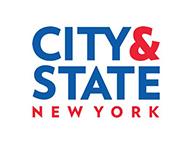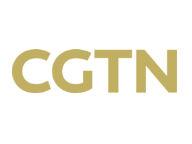Faculty News
—
Professor Paul Romer's talk at the Korea Chamber of Commerce and Industry in central Seoul is featured
—

Excerpt from the Korea JoongAng Daily -- "'Minimum wages, we know, can lead to a reduction in demand for workers and then to a pool of workers who are not connected to the labor force,' Romer said on Wednesday in response to a question on his thoughts on the Moon Jae-in government’s income-led growth policy and the minimum wage increases."
Faculty News
—

Excerpt from the Korea JoongAng Daily -- "'Minimum wages, we know, can lead to a reduction in demand for workers and then to a pool of workers who are not connected to the labor force,' Romer said on Wednesday in response to a question on his thoughts on the Moon Jae-in government’s income-led growth policy and the minimum wage increases."





















